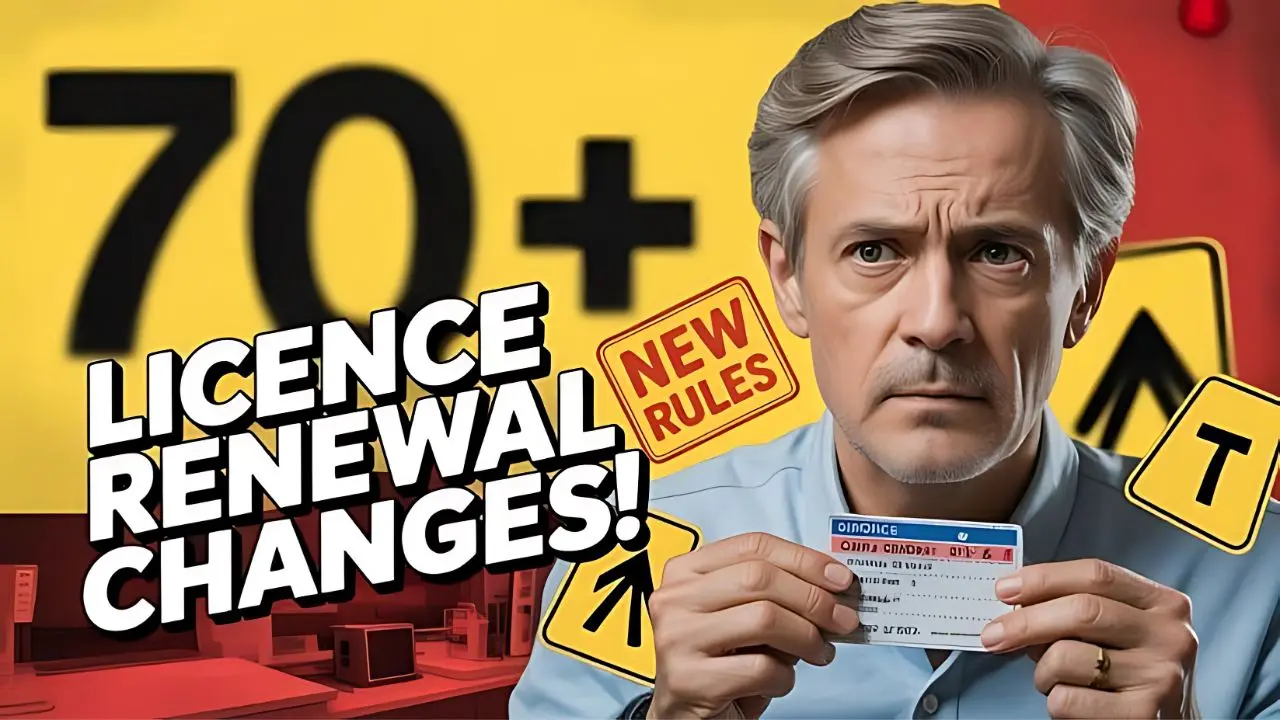From 2025, Australian seniors will face significant updates to driving licence renewal rules. These reforms are designed to improve road safety while balancing the independence of older drivers. Many of the changes will affect those aged 70 and above, particularly regarding medical assessments, renewal periods, and the right to appeal cancellations.
New Renewal Rules for Seniors
Under the updated regulations, seniors will no longer enjoy automatic multi-year licence renewals. Instead, renewal periods may be shortened depending on age and health conditions. Drivers over 70 will be required to renew their licences more frequently, with authorities monitoring their ability to drive safely.
Medical Tests and Assessments
A key part of the new rules involves medical and fitness tests. Seniors must undergo regular medical examinations to confirm that eyesight, reaction times, and general health remain sufficient for safe driving. In some states, an on-road driving test may also be required if doctors or licensing authorities suspect limitations that could affect driving ability.
Appeal Process After Licence Cancellation
If a senior’s licence is suspended or cancelled based on medical results, there will be an appeal process in place. Drivers will be able to provide additional medical evidence, request a second opinion, or in some cases, complete a practical driving assessment. The appeal system ensures that decisions are fair and that capable drivers are not unfairly restricted.
Why These Changes Are Happening
Authorities stress that these reforms are not about punishing seniors but about protecting all road users. With an ageing population, more Australians are driving into their 70s and 80s. While many continue to drive safely, health-related risks such as vision loss, slower reflexes, or medication side effects increase with age. The new rules aim to address these risks proactively.
What Seniors Should Do to Prepare
Older drivers are encouraged to book regular health check-ups and keep medical records up to date. Staying active, practising safe driving habits, and being open to family feedback can also help. Seniors who anticipate challenges may want to explore restricted licences that allow driving only during certain hours or within specific areas.
Conclusion
The 2025 driving renewal changes mark a shift in how Australia manages road safety among seniors. While stricter, the rules also provide clear processes for medical assessments and appeals. By understanding the new requirements, seniors can prepare early and ensure they maintain both their mobility and safety.





